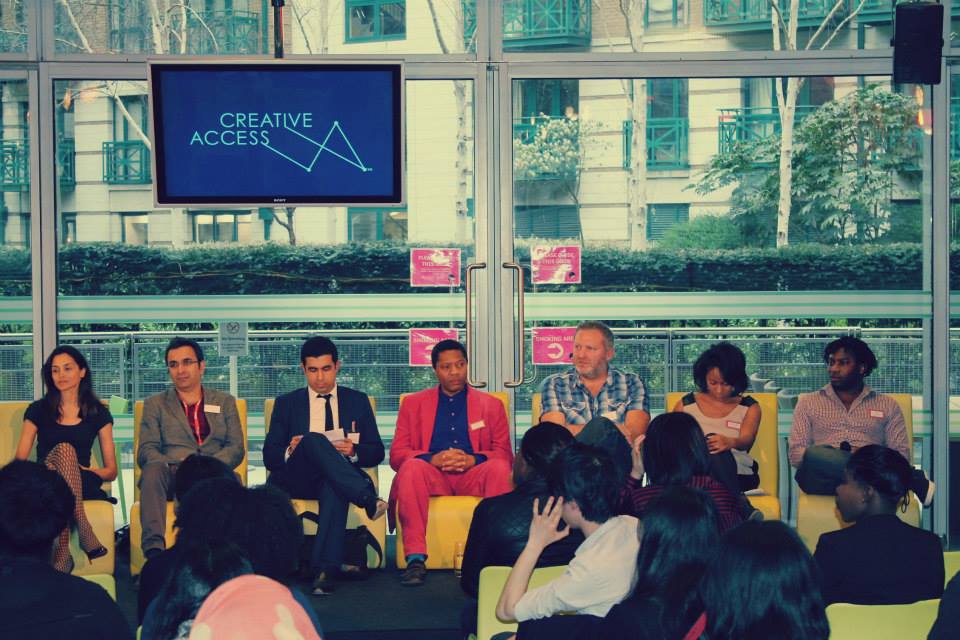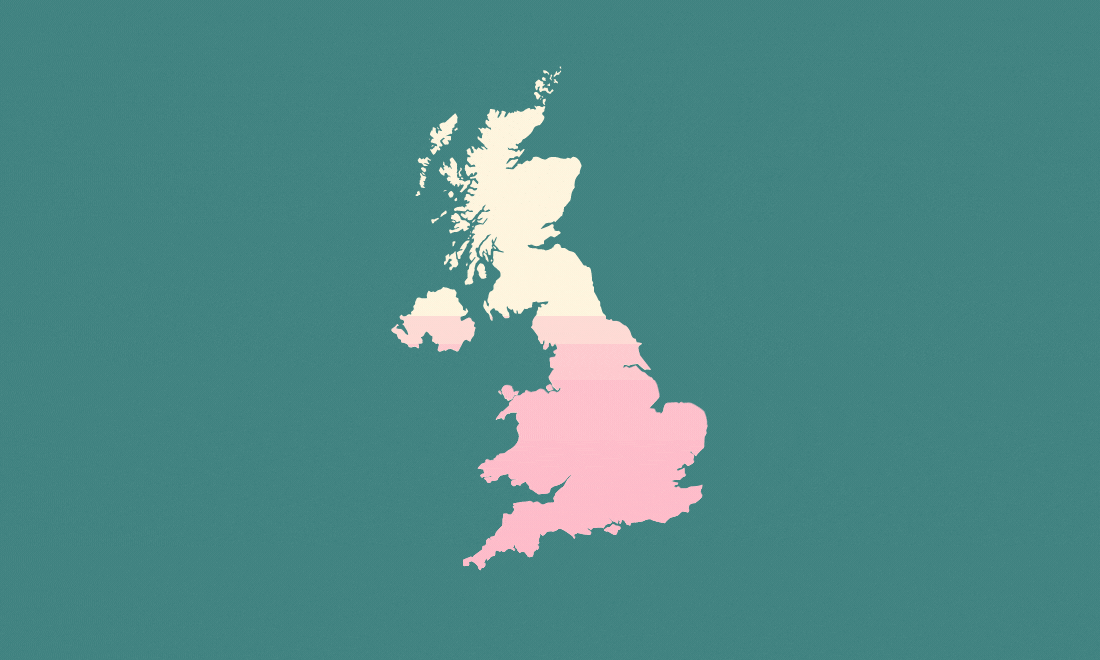
Why everyone should be worried about the closure of diversity charity Creative Access
Ailsa Fineron
20 Dec 2016
2016 has been a confusing and terrifying year in many ways. But its mixed messages about the progress, or lack thereof, that we are making towards racial equality have been consistently at the fore. But amongst the vitriol of Brexit and the ensuing rise in racist incidents, Trump, pushback against Black Lives Matter, and increasingly disturbing rhetoric around immigration, there have been some gains for people of colour.
This year has been bleak, but, for me, some vital communities have helped to validate my feelings, feed my hope, and provide me with the solidarity necessary to navigating the world as a woman of colour. One of these is our very own gal-dem and another, Creative Access.
Creative Access is a diversity charity committed to getting more black, asian and ethnic minority identified people (BAME) into the creative industries through placing paid interns and providing a community for those who are so often alienated by the white homogeneity of the worlds of TV, publishing, film and journalism they aspire to work in. Thus far they have placed 700 interns with 260 media partners such as the BBC, ITV, BFI, Film 4, Harper Collins, Penguin Random House, with 82 percent of interns going on to full-time employment. Being a CA intern also gives you access to monthly masterclasses, giving you an insight into different industries and access to vital connections necessary to get into the notoriously nepotistic and network based creative industries.
However, the most valuable part of being part of CA has, for me, been the community. With journalism being 94 percent white, only 1.5 percent of UK television being made by BAME folks, and a mere 4 percent of editorial staff in publishing being people of colour, the creative industries can be difficult places for those from BAME backgrounds who do find a way in. Luckily, my internship alongside two other mixed race women at Rife Magazine with Nikesh Shukla of The Good Immigrant as my editor was a dream experience. However, many people I’ve met through CA have struggled with being the only person of colour in their workplace, often experiencing racism and prejudice. When working in environments like these, existing in a world where those in power are eager to feed a fire of fear towards those perceived as foreign, having a community of others who are so used to being othered is invaluable.
But the vital work that Creative Access is doing in diversifying the UK’s creative industries has been deemed disposable by Theresa May’s government. This week, they announced their withdrawal of over £2m of Creative Access’s funding meaning that the charity is now facing imminent closure.
Josie Dobrin, one of the founders of the charity alongside talent agent Michael Foster, said that the funding was almost final until Brexit and the subsequent changes in government. She also commented that the cuts were “a fairly depressing reflection of government policies” adding, “I think it [CA’s closure] would be a real shame for the creative industries because we have brought a new pipeline of talent that didn’t find it easy to access it in the past.”
She’s not the only one. William Njobvu, a journalist and producer, started a petition on Tuesday which already has over 2000 signatures. And fellow CA interns and alumni are devastated at the opportunities lost.
Many of us have got the starting hold and confidence we need to pursue a career in the creative industries, alongside a host of new friends who understand the struggles of entering a workplace that often, whether they know it or not, doesn’t want you, and demonstrates as such. With the imminent closure of Creative Access under a prime minister who has made it clear once again that she is not on our side, our vision of a future where people of colour are no longer a rarity or token within the boardrooms of TV, publishing, film and journalism and the subsequent better representation of BAME people in our media has not diminished– even as it disappears into a foggy and ever more distant future.









